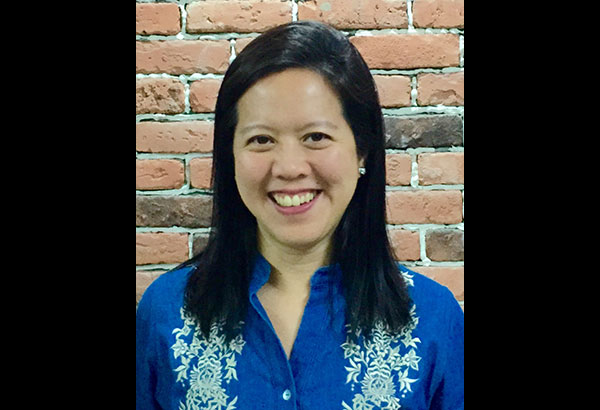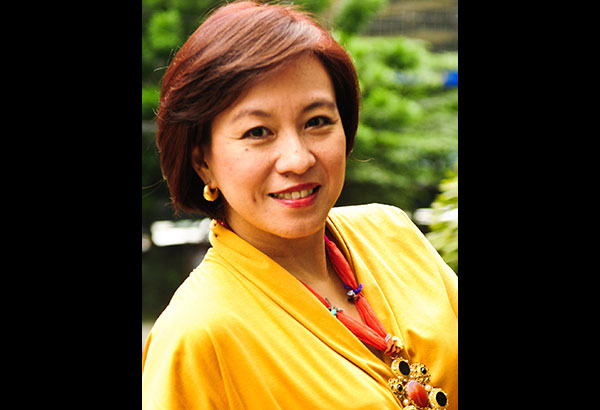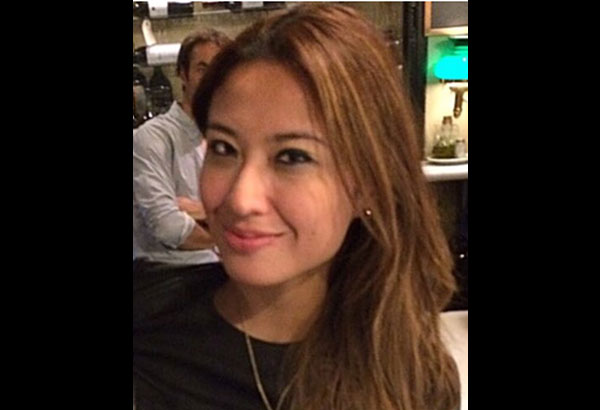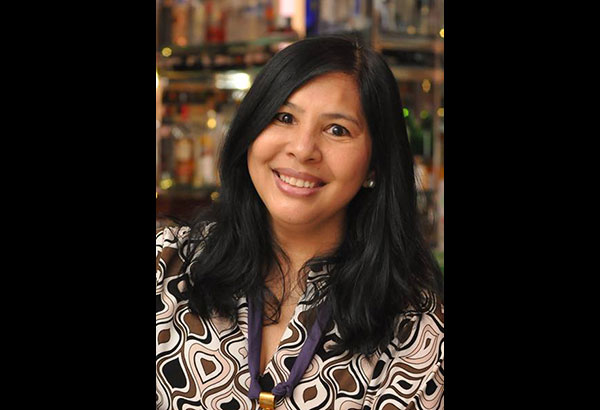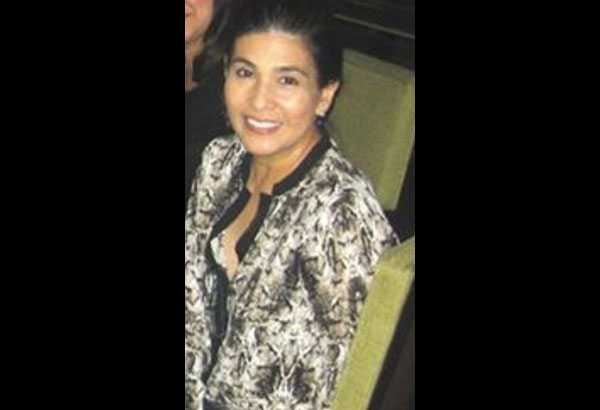What’s your favorite Filipino tradition and why?

Like most Filipinos, I am proud of our heritage and traditions. We have a lot of traditions that we can pass on to the next generation and hopefully they will keep them alive, too. Some of my favorite traditions are wearing a veil when entering our churches, making the sign of the cross to show respect to the Lord as our vehicles pass by churches. Another one that I hope will continue to be practiced as a sign of respect to our elders is when the young take the hand of the elder and touch it to forehead, saying, “Mano po.”
Read on as some personalities share with us their favorite Filipino traditions.
Riana Hechanova Trajano, managing director, RCC Marketing Corporation
My favorite Filipino tradition is during the wonderful season of Christmas. We attend Christmas Eve Mass, after which the family gathers for noche buena. We cap the evening by gathering around the Christmas tree while we open our gifts. It is my favorite Filipino tradition because it is the time of the year we remember our Lord Jesus Christ and it is the time to thank Him for all our blessings bestowed upon us in the past year. It is also a time for sharing blessings with the less fortunate and making beautiful memories with our families.
Yvette Fernandez, editor in chief, Town & Country
Wearing our national attire. I’ve always loved the barong. So happy that more women are wearing it as everyday attire and not just for special occasions. I also prefer seeing men in piña barong versus suits. Loved how all the APEC leaders wore their barong. And have you seen the photo of David Bowie smoldering in his barong? Google it!
Jeannie Javelosa, advocate for culture and sustainability, co-founder ECHOstore Sustainable Lifestyle
I love the tradition of rice planting by our indigenous tribes in the Cordillera region. Rice is considered sacred and the rituals of community rice production shape all aspects of daily life. The Ifugaos, Kalingas and other tribes from the northern mountains plant according to the seasons and have rituals that they still continue today. The indigenous women of the area are the primary holders of the traditional knowledge on seed selection and planting. Everyone plants, but the Mumbaki prays over the harvest; all chant and sing harvest songs. Harvest is done once a year (which is what Tinawon means) and they have all the natural varieties of heirloom rice such as the “Chong–ak rice/Kalinga Tinawon” variety which we sell at ECHOstore. I love the whole tradition of this commodity on our shelves. There is culture, spirit and soul.
Rosanna Ocampo, fashion designer
The misa de gallo tradition adds to the build-up and anticipation before Christmas. The puto bungbong and bibingka that follow for breakfast contribute to the entire festive atmosphere.
Rosanna Henares Angeles, adult and pediatric speech-language therapist
The pamanhikan is a pre-wedding tradition wherein the groom, with his whole family in tow, goes to the bride’s home to formally propose marriage. In our case, the Angeles and Henares families met for the first time to witness Eric, with a rose stem in his mouth, down on his knees. My brothers and sisters were there too so it was a joyful event, full of laughter and kantiyawan (teasing) on both sides as Eric asked my father for my hand in marriage. After 21 years, Eric still boasts to friends that I forced him to marry me so I just whip out the pictures to prove otherwise.
Martin Andanar, TV personality
My favorite Filipino tradition is the celebration of fiestas in the province. It usually begins at 4 a.m. when carabaos or pigs get butchered, then Mass at 6 and procession at 9. The fascinating all-you-can-eat continues in every household afterwards, the “amateur” singing competition at 6 p.m. and it’s capped off with the baile (dance) activity. The celebration reminds me of how beautiful, special and distinct our culture is.
Carol Arenas, businesswoman
My favorite is “mano po.” When you greet or say goodbye to your parents or elderly relatives, you take their right hand and touch the back of the elder’s hand lightly to your forehead. It’s when you bend your head in respect and at the same time it also a way of receiving blessings from them. I am just sad that this is hardly practiced anymore.








